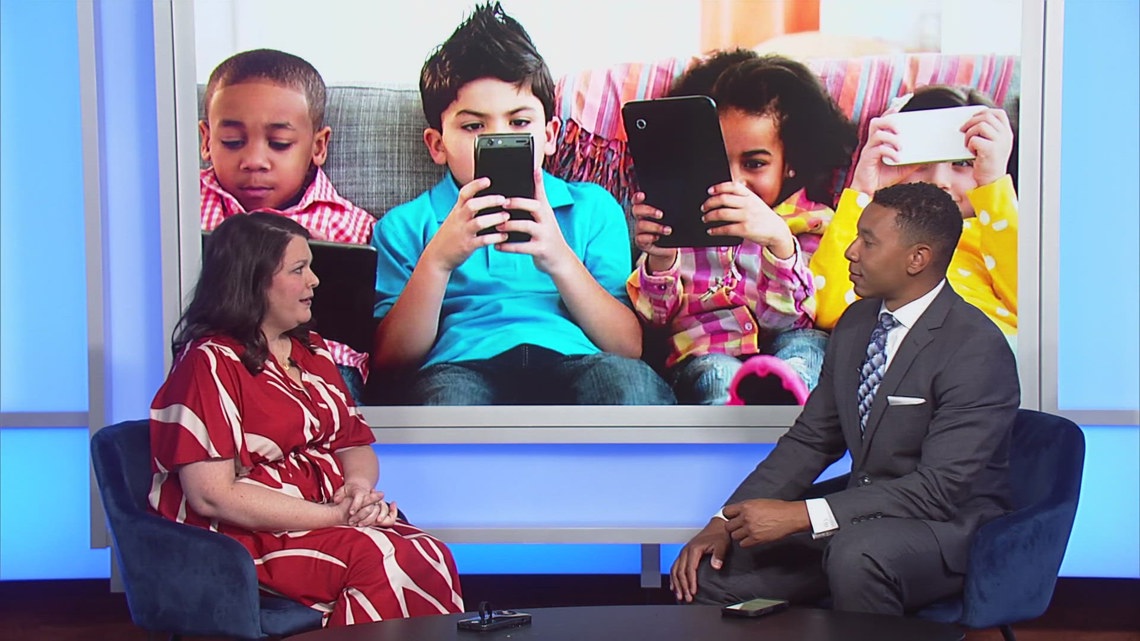Indiana has a relatively new law that bans cell phones in instructional settings, and schools are already seeing an impact.
INDIANAPOLIS — Indiana has a relatively new law that bans cell phones in instructional settings, and schools are already seeing an impact.
13News spoke with education expert Jennifer Brinker, assistant principal at Greenwood Middle School.
Here’s a look into our conversation with Mrs. Brinker:
WTHR’s Matthew Fultz: Let’s start with that new law. What difference has it made in classrooms so far?
Mrs. Brinker: It’s been huge. Teachers around the state tell us students are more engaged, more focused and there’s less distraction from social media drama during the day. It allows students to really be present in their learning, which is exactly what schools need.
Fultz: That’s good to hear. But once the school day ends, phones are back in kids’ hands. What should parents be aware of at home?
Mrs. Brinker: The big one is sleep. Research shows that kids who sleep with their phones in their bedrooms don’t get enough rest. Notifications, late-night scrolling, even just having the phone nearby can disrupt their sleep cycles. That directly affects mood, memory and academic performance. When you combine to the issues that it is also a prime time for kids to get in trouble with their texts, social media and online searches, that adds up to big trouble. A simple fix is to keep phones charging in another room overnight.
Fultz: What about social media? Parents know it can be tricky to manage.
Mrs. Brinker: Absolutely. Social media can connect kids, but overuse can hurt mental health. Too much time online is linked to anxiety, depression and lower self-esteem. Parents should set boundaries, whether that’s time limits, app restrictions, or just open conversations about what kids are seeing and posting. You need to be checking those phones and having frequent conversations about using social media correctly. Don’t just assume because you have a good kid they will be responsible. Good kids still need to learn how to drive a car from adults and ease into it. This is not that different, it is a tool that can be dangerous so we can’t expect to hand them these devices and they’ll automatically know how to use them safely.
Fultz: And I know some research now points to longer-term concerns with brain development, right?
Mrs. Brinker: That’s right. Studies suggest that constant phone use can actually rewire developing brains. It can shorten attention spans and make it harder for kids to focus or regulate emotions. That’s why balance is so important.
Fultz: Jennifer, any last takeaway for parents?
Mrs. Brinker: You are your child’s first and most important teacher. Model healthy phone use yourself. If kids see adults putting devices down at dinner or before bed, they’re more likely to follow. It’s about creating healthy habits as a family.


